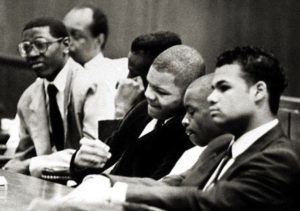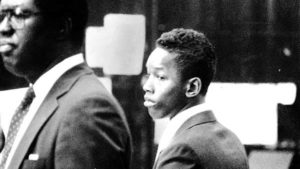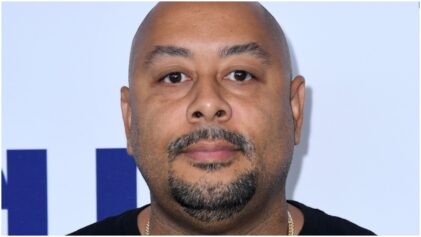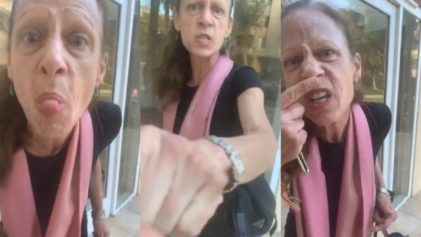By Manny Otiko
Almost every week we see cases of mainly Black men freed from jail after being convicted on false charges. The case of the Central Park jogger was one of the most publicized crimes of the 1980s, according to The New York Times. And although it resulted in the convictions of four Black youths and a Latino youth, they were later overturned.
The crime was committed in 1989 when Trisha Ellen Meili, a white investment banker, went for a jog and was attacked by an assailant. She was raped, sodomized, beaten within an inch of her life and left naked in a ditch. The New York Police Department (NYPD) quickly rounded up a group of five youths, and pinned them as the suspects. The young men confessed to the crime and received sentences of five to 15 years. Many aspects of the case, which were explored in Ken Burns’ critically-acclaimed documentary, The Central Park Five, were troubling. There was no DNA evidence linking the youths to the crime and while the boys’ confessions were taped, hours of interrogation were not. The accused youths also claimed the police had tricked them into confessing to the crime.
“I didn’t have any help with me, [the NYPD] said if I don’t answer the questions, I don’t go home,” said Korey Wise, who was one of The Central Park Five.
However, in 2002, the cases were vacated when Matias Reyes, a convicted rapist already serving a life sentence, confessed to the crime (DNA evidence also linked him to the attack). In 2003, the Central Park Five sued the City of New York and after several years of legal wrangling, New York Mayor Bill de Blasio decided to settle the case for $41 million. Wise, who was paroled in 2002 now speaks about criminal justice and is educating himself about the law.
He said that if it hadn’t been for a fateful meeting with Reyes, while he was incarcerated, he wouldn’t have gotten out.
“I was let go because of Matias’ confession,” Wise said.
Wise is pleased with the large settlement he received from the city of New York.
“I feel great about it, but more so, I feel great about my lawyer Jane Fisher- Byrialsen who saw to it that I was honored to the fullness,” he said.
Although the case was vacated (treated as if it legally never existed) and all charges withdrawn, Wise is still trying to put his reputation back together.
“I guess I can get it back in due time,” Wise said.
He said the rape charges hung over his head while he was in jail.
“The worst part of being in prison was being considered as the Central Park rapist,” Wise said.
The NYPD pushed back against charges of misconduct and commissioned the Armstrong panel to study the Central Park case. The panel denied police used coercion to gain the confessions and claimed Reyes was strong armed into confessing to the crime. The police also accused Wise of being a member of the Bloods, which he denies.
Wise was essentially a victim of police and prosecutors who were quick to hang a brutal crime on African-American perpetrators, a problem that is still prevalent today.
“I think that there will always be racial profiling,” Wise said. He was also not surprised by recent mass protests in Ferguson, Mo. and Baltimore, Md.
“There will never be justice on stolen land,” he said.
Wise added Black men need to know their rights when dealing with the police.
“Black men need to educate themselves and educate the young ones/children in the community,” Wise said. “They need to know the law and be able to let the law (police) know that you know your rights and the law.”
Manny Otiko has worked in the media for more than 20 years as a journalist and a public relations professional. His experience includes stints as a reporter at a daily newspaper, serving as a media relations specialist for a state agency and working for several Southern California PR agencies. He has secured coverage in publications such as The Los Angeles Times, USA Today, the Associated Press, the Wall Street Journal, CNN.com and Men’s Health.




